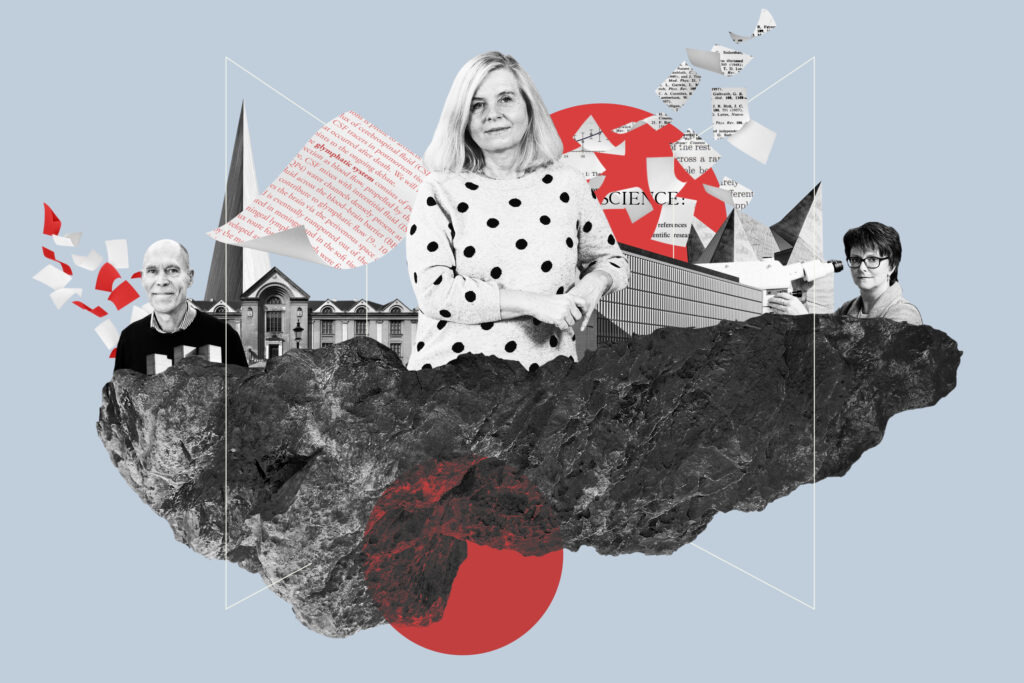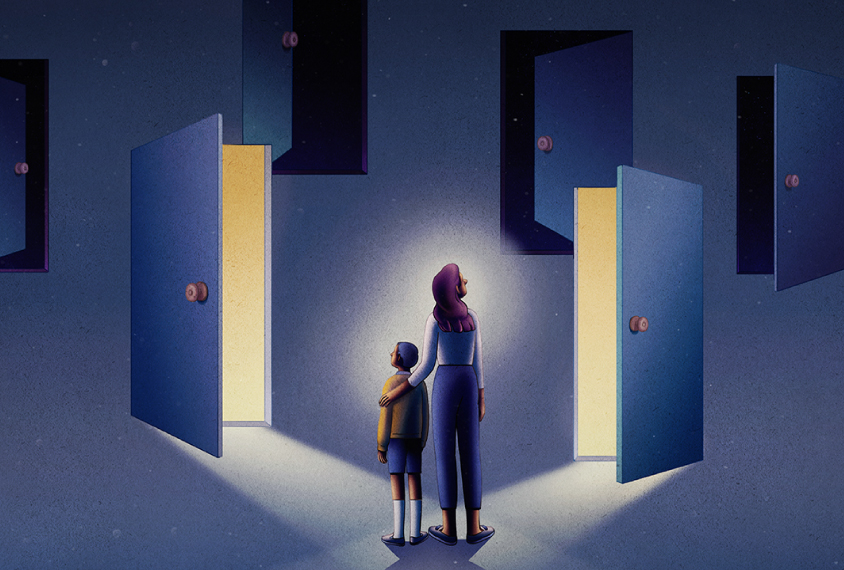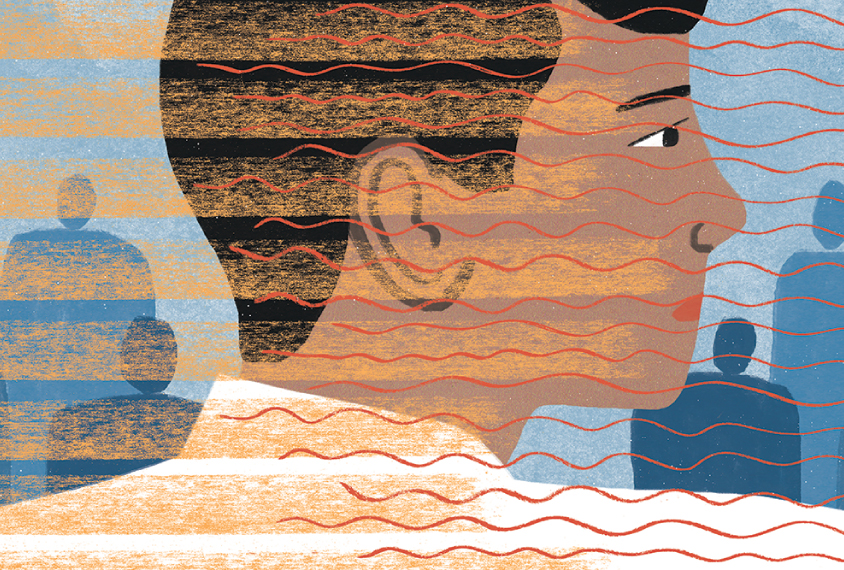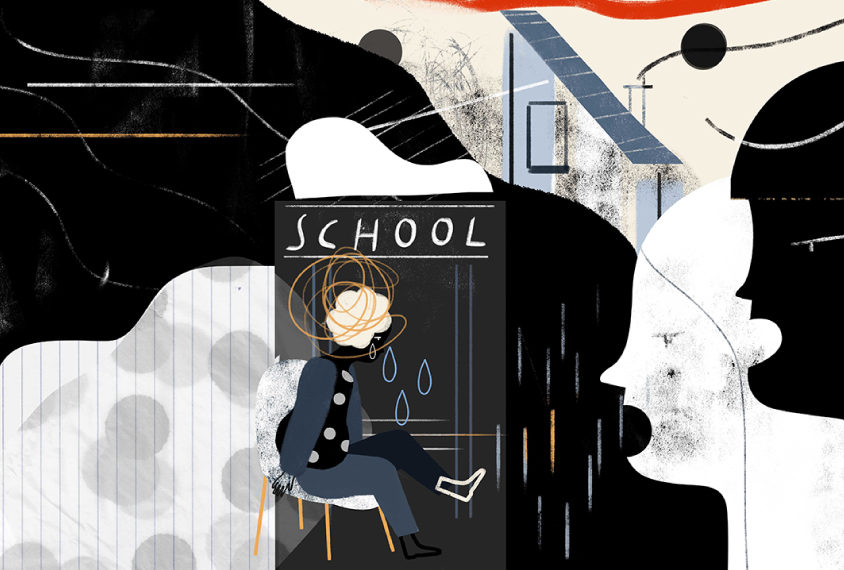Emily Sohn is a freelance journalist in Minneapolis. She writes mainly about health, science, adventure and complex conservation questions. Her stories have appeared in Nature, the Washington Post, NPR, Aeon, bioGraphic and many other publications. See more at www.tidepoolsinc.com.

Emily Sohn
Contributing writer
From this contributor
Maiken Nedergaard’s power of disruption
The award-winning researcher’s discoveries have changed the way we think about the brain; that’s exactly what her critics dislike.

Maiken Nedergaard’s power of disruption
Rising star: Ann Kennedy bridges gap between biology, computational theory
A theoretical neuroscientist, Kennedy uses a blend of computational modeling and real-world experiments to understand how brain activity shapes the behaviors of animals that model autism and other conditions.

Rising star: Ann Kennedy bridges gap between biology, computational theory
Low standards corrode quality of popular autism therapy
Rapid growth and inadequate standards in the 'applied behavior analysis' industry may put vulnerable children in the hands of poorly prepared technicians.

Low standards corrode quality of popular autism therapy
The blurred line between autism and intellectual disability
Doctors often conflate autism and intellectual disability, and no wonder: The biological distinction between them is murky. Scientific progress depends on knowing where the conditions intersect — and part ways.

The blurred line between autism and intellectual disability
How abuse mars the lives of autistic people
Many people with autism experience a triad of trauma: neglect at home, abuse from trusted adults and bullying at school or work.
Explore more from The Transmitter
Shifting neural code powers speech comprehension
Dynamic coding helps explain how the brain processes multiple features of speech—from the smallest units of sounds to full sentences—simultaneously.

Shifting neural code powers speech comprehension
Dynamic coding helps explain how the brain processes multiple features of speech—from the smallest units of sounds to full sentences—simultaneously.
Astrocytes orchestrate oxytocin’s social effects in mice
The cells amplify oxytocin—and may be responsible for sex differences in social behavior, two preprints find.

Astrocytes orchestrate oxytocin’s social effects in mice
The cells amplify oxytocin—and may be responsible for sex differences in social behavior, two preprints find.
Neuro’s ark: Spying on the secret sensory world of ticks
Carola Städele, a self-proclaimed “tick magnet,” studies the arachnids’ sensory neurobiology—in other words, how these tiny parasites zero in on their next meal.

Neuro’s ark: Spying on the secret sensory world of ticks
Carola Städele, a self-proclaimed “tick magnet,” studies the arachnids’ sensory neurobiology—in other words, how these tiny parasites zero in on their next meal.
